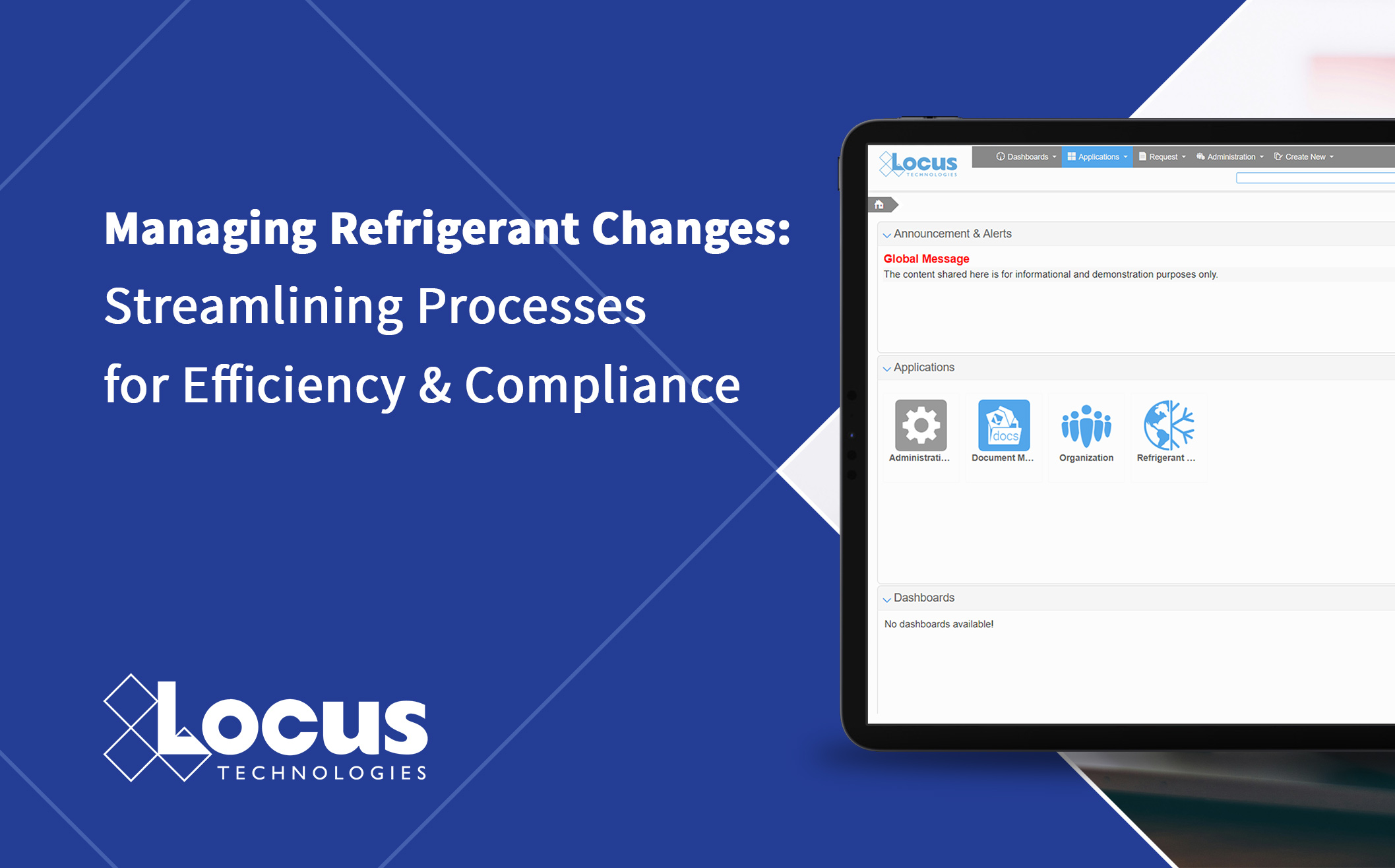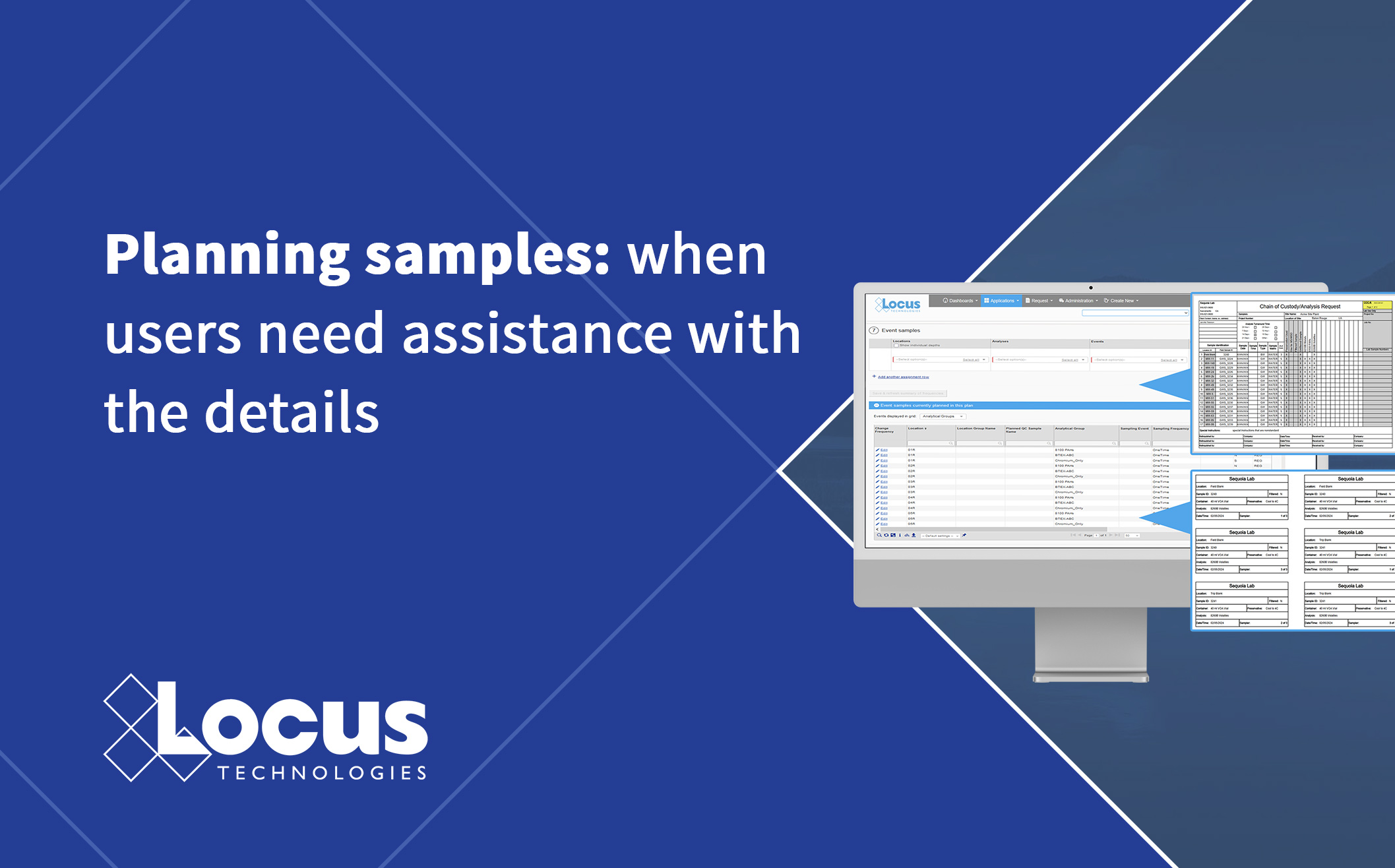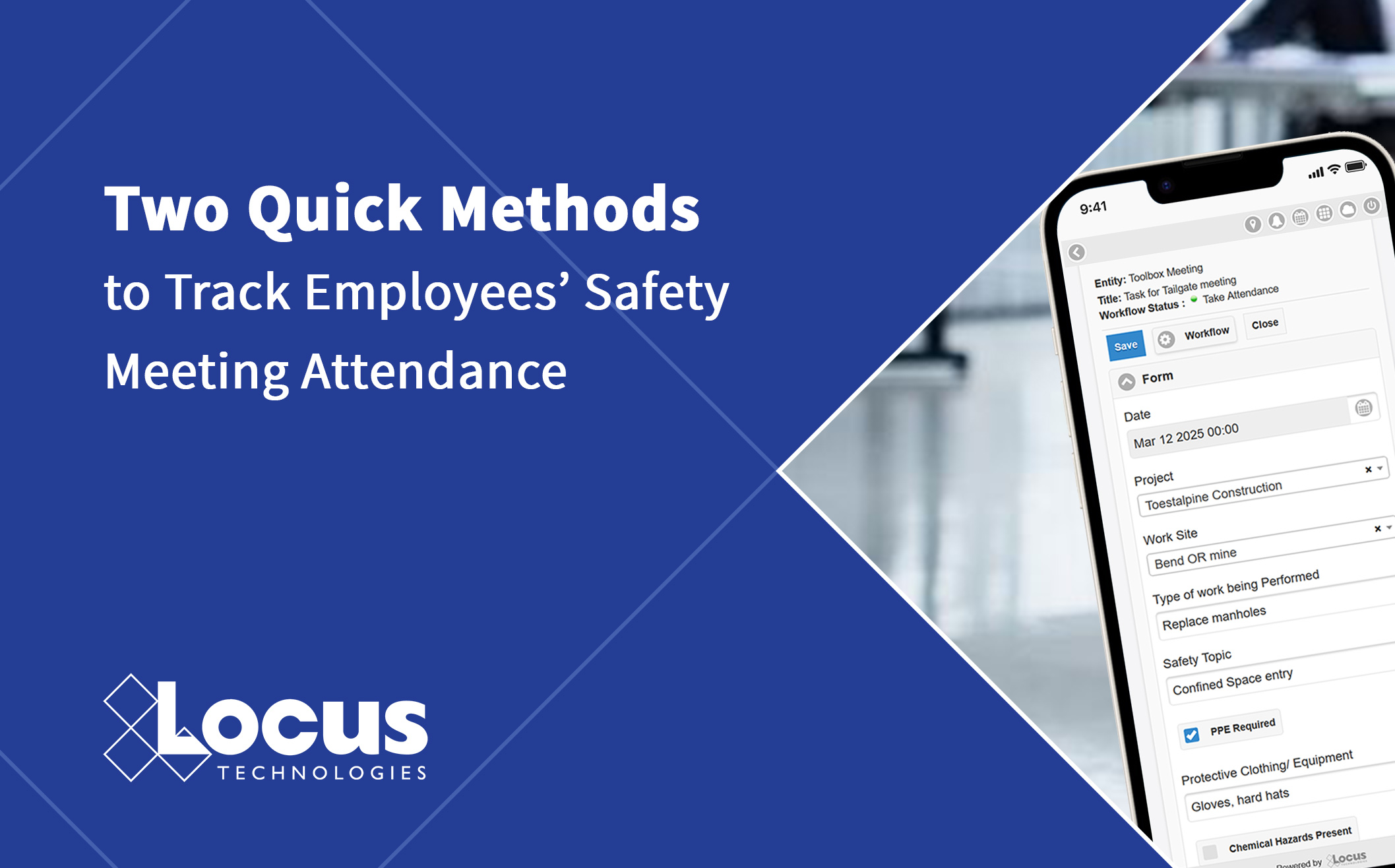
Refrigerant management, like many industries, is constantly evolving. While change is expected, it’s often not anticipated, and unforeseen events can force businesses to adjust their practices. Recently, a client shared their concerns about navigating the growing complexities of refrigerant regulations and new refrigerant technologies. The challenges include tracking an increased number of refrigerant systems and handling a larger volume of service records. While the workload has expanded, the available resources remain the same, leaving them overwhelmed and struggling to keep up with the constant changes. What they need is support—a dedicated subject matter expert (SME) to help them anticipate and manage new challenges.
One of the long-standing challenges in refrigerant management is documentation. Traditional hand-written service forms are prone to errors, omissions, and legibility issues. Furthermore, manual data entry adds another layer of potential mistakes. These service records are crucial for calculating leak rates, which determine if thresholds have been exceeded and trigger necessary repairs within 30 days. Unfortunately, these records are often not readily accessible for such calculations, as they might be bundled with invoices that get routed to accounts payable instead of the team responsible for leak rate monitoring and recordkeeping. Even when documentation is available, questions arise about its accuracy. Are refrigerant amounts properly recorded, factoring in both added and recovered refrigerants? Are all necessary leak repairs documented, along with verification tests, dates, and methods? These uncertainties make it difficult to maintain accurate and reliable records.
To address these concerns, Locus developed mobile-friendly service records designed to simplify and streamline the process. These digital records include all the essential details required for full compliance, from technicians to facility owners. The service form dynamically adjusts to the type of service—whether it’s leak repairs, inspections, disposals, or new installations—ensuring technicians follow the correct procedures and capture the required information.
Once the technician completes the service, the record is instantly available to facility owners, enabling them to quickly perform leak rate calculations and schedule any necessary repairs. If verification tests are missing, automated email alerts notify the responsible individuals, ensuring that no steps are overlooked or delayed.
The ability to access mobile-friendly, real-time service records ensures accurate and timely documentation. This not only protects the technician by demonstrating proper refrigerant handling and recovery but also safeguards the facility owner by providing immediate, comprehensive records that meet increasingly stringent regulations.
Ultimately, the combination of advanced technology and expert support is key to the success of both Locus and our customers. Providing a comprehensive refrigerant management solution helps businesses navigate the complexities of the industry, ensuring compliance and efficiency in an ever-changing landscape.
Locus is the only self-funded water, air, soil, biological, energy, and waste EHS and ESG reporting software company that is still owned and managed by its founder. The brightest minds in environmental science, embodied carbon, CO2 emissions, refrigerants, and PFAS hang their hats at Locus, and they’ve helped us to become a market leader in compliance and ESG reporting software. Every client-facing employee at Locus has an advanced degree in science or professional EHS experience, and they incubate new ideas every day – such as how machine learning, AI, blockchain, and the Internet of Things will up the ante for EHS, ESG reporting software, and sustainability.



